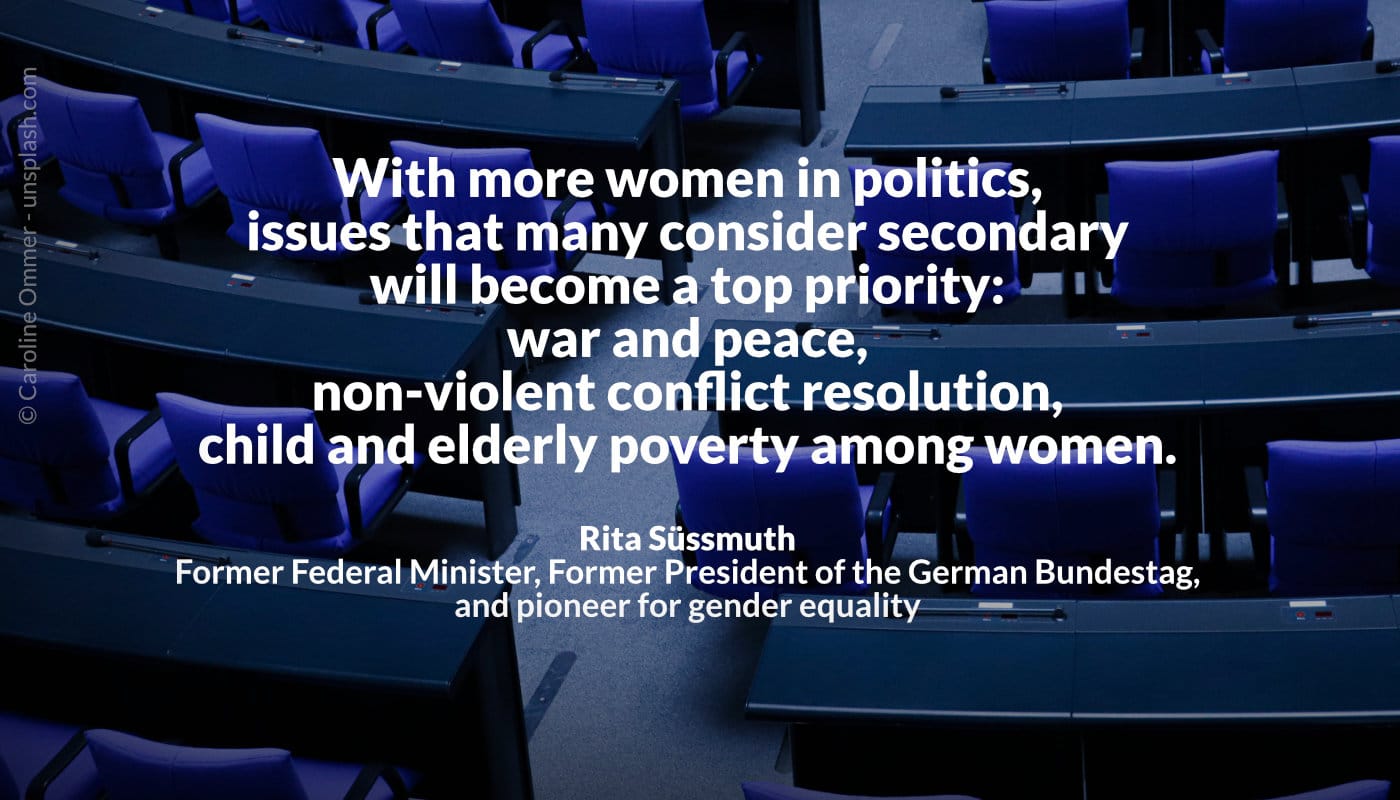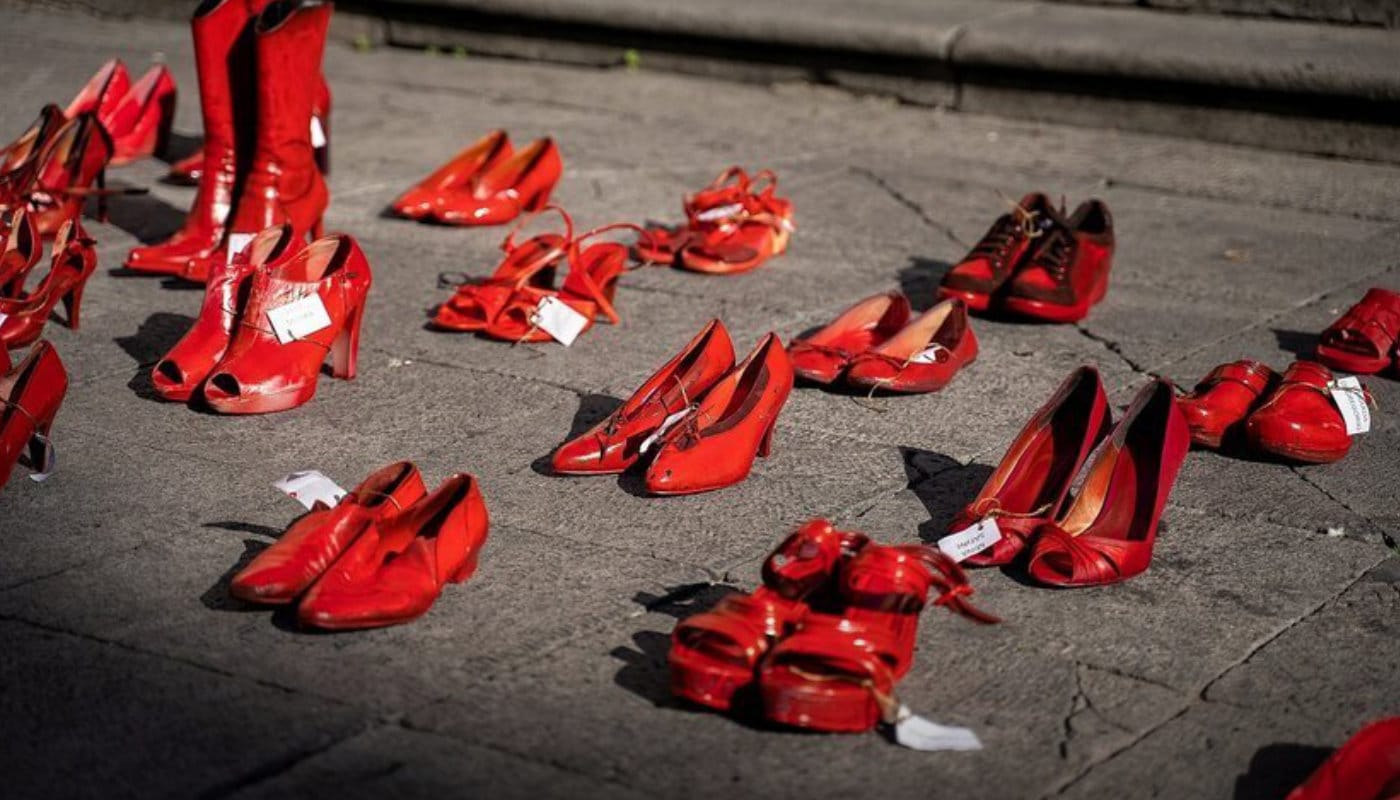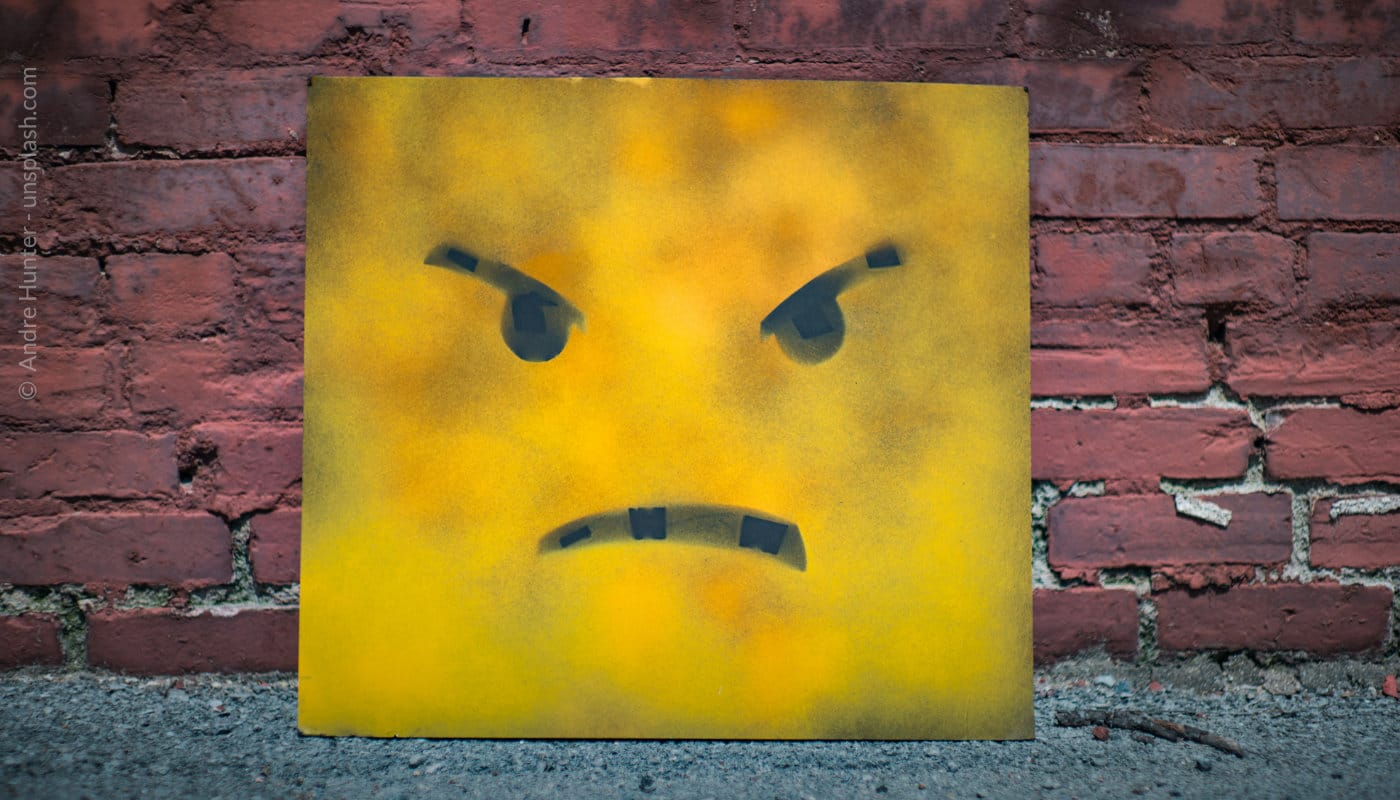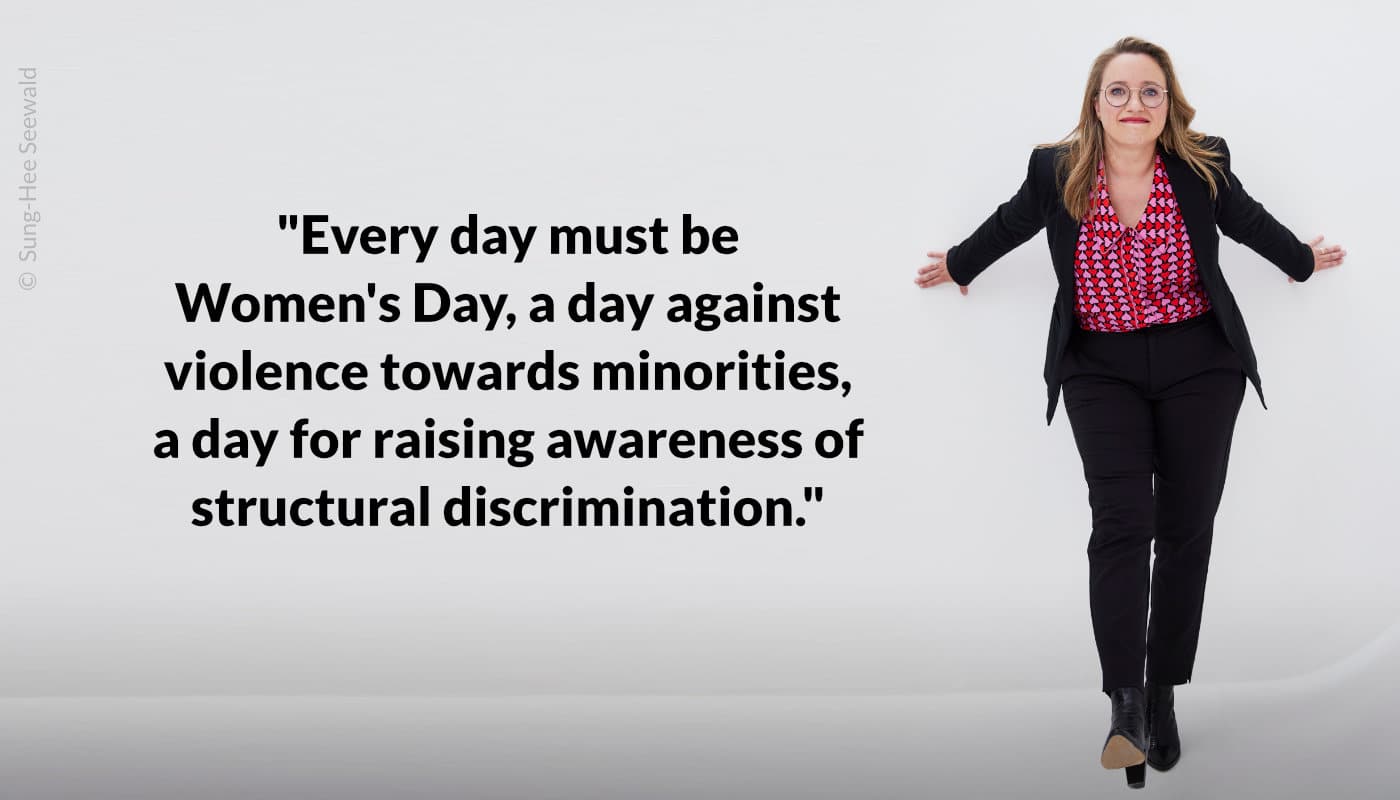“Malu Dreyer is stepping down as Minister-President of Rhineland-Palatinate. The SPD is losing one of its few popular figures. She was a role model for the traffic light coalition in Berlin,” writes ZEIT ONLINE.
In the 2021 state election, the SPD in Rhineland-Palatinate outperformed the federal average by around 18 percentage points. More than half of SPD voters cited Malu Dreyer as the primary reason for their decision, according to surveys at the time.
“Even coalition partners FDP and Greens praise Dreyer for her infectious cheerfulness and casual authority. While she can passionately advocate for causes important to her, others rarely feel overpowered or lectured afterward. Warmth and equality are attributes often mentioned by those who interact with her frequently.
A key term that illustrates her approach to politics is ‘polite feminism’. She stood up for women’s rights and emancipation, of course. Her cabinet had the highest percentage of women in the republic. However, she did not engage in culture wars.”
Since 2016, Rhineland-Palatinate has been governed by a traffic light coalition (“Ampelkoalition”), “and it has thrived” (ZEIT). “Her governing alliance in Mainz was considered a model, a functioning benchmark, even among Greens and Social Democrats.” At the federal level, this same traffic light coalition is notably less successful.
Dreyer has suffered from multiple sclerosis since her mid-30s. The 63-year-old attributed her resignation to a gradual depletion of “strength and energy”. “My batteries don’t recharge as quickly anymore,” she said.
Her resignation recalls that of other female politicians, such as New Zealand Prime Minister Jacinda Ardern last year, who determine for themselves when “enough is enough.”

Published by herCAREER,
Posted on LinkedIn on 20.06.2024












